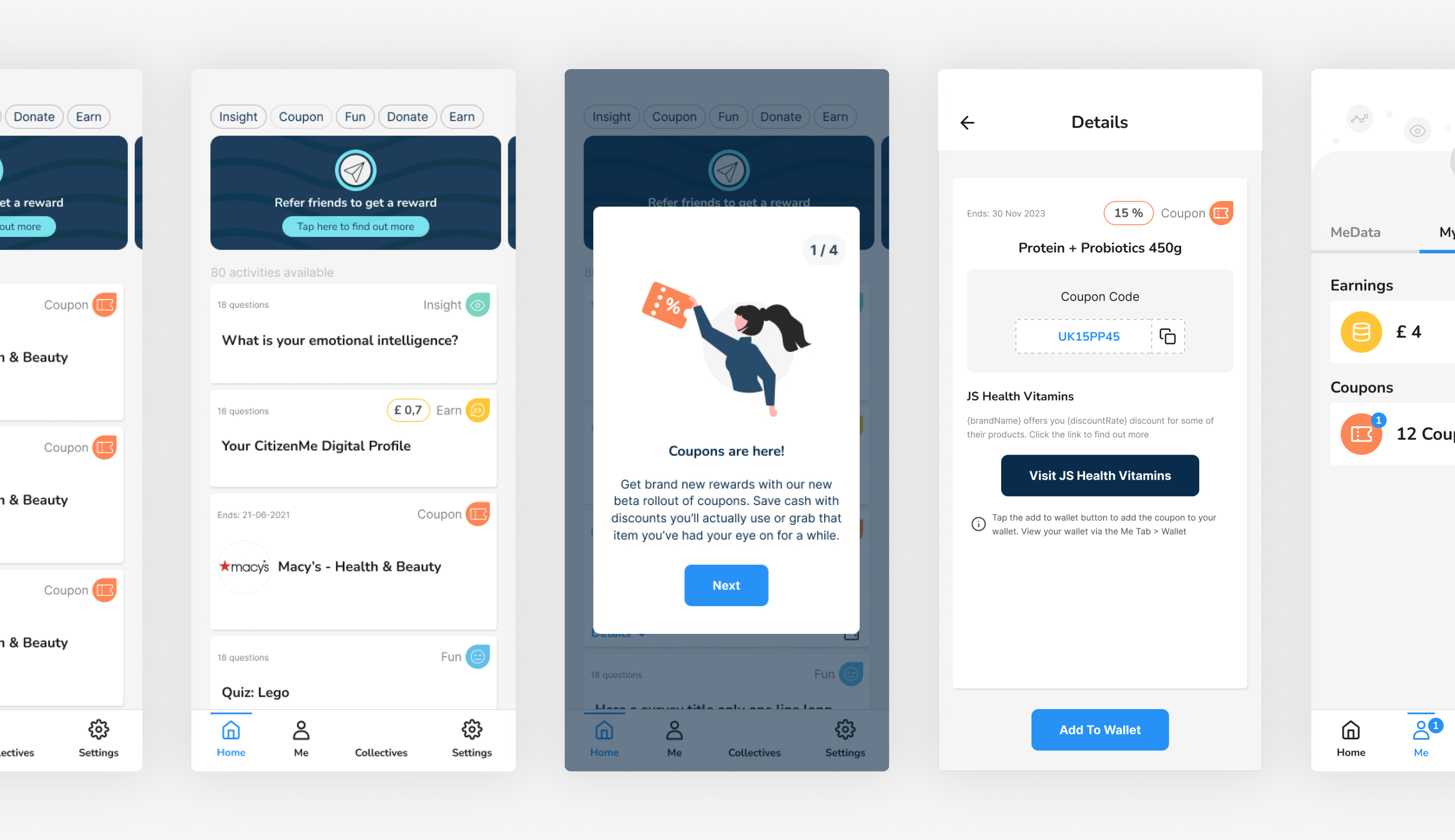
Digital Memories (pt4): Understanding Ourselves
Digital Memories (pt4): Understanding Ourselves https://www.citizenme.com/wp-content/uploads/2019/10/AdobeStock_41088850.jpeg 3212 2706 StJohn Deakins StJohn Deakins https://secure.gravatar.com/avatar/67e7ca4885d1b922783ca3a83741a282?s=96&d=mm&r=gIn the last three posts we’ve covered a few points. Firstly, we have expanded on why personal data is like a memory. Secondly, we have seen that whenever we choose to share data, we should be thinking of it as sharing our personal memories. Thirdly, we have looked at what this all means commercially.
But there’s more; most profound of all is the way that our personal data will increasingly describe who we are, not only to others, but to ourselves too. After all, our memories shape who we are: our experiences, our loves and losses, our achievements and failures, our moments of joy, despair, anguish, ecstasy, boredom, revelation, realisation, delight and more. They all shape who we are. In other words, they shape how we see ourselves in our minds eye, our internal mirror, and how we describe ourselves to others.
Our personal data has the potential to provide us all with a powerful complementary record of all our life events. In doing so, our relationship with the people and things around us will undoubtedly change. Buying a new pair of sport shoes, turns a sales receipt (soon lost), into a stored record of where, when and why you bought them, how you felt when you first put them on, your heart rate during your first workout in them, who you exercised with (or without), and how long their ‘bounce’ lasted.
What’s in a digital memory?
Our brain is the most complicated structure in the known Universe (Michio Kaku). It stores, curates and connects our memories in incredibly complex ways. Even so, it has to be amazingly efficient, so it develops filters and short-cuts to manage the huge volumes of information that it receives. For example, as you read this, you are processing these words in your short term memory. Some of them may (I hope) be deemed valuable enough to make it to your long term memory. Once there, your brain emphasises and de-emphasises memories according to need and context. Some will have a strong recall, some weaker, some will vaporise and still others will become implicit and automatic – like when we do a task without ‘needing to think’.
Your new superpower?
Our personal data and digital memories are a new and different type of memory; they can persist for ever. What’s more, we can create algorithms that help us to process these digital memories to assist our existing physical memories. Your new digital 6th sense. Your new superpower. A personal transcendence even.
It is easy to see that combining our physical memories with our digital memories has the potential to be incredibly powerful for every human who has access to the technology.
Of course, if this is even remotely true, our digital memory will also become incredibly valuable. And the biggest question of our digital century will then become: who controls it?
This blog is the fourth of the series Digital Memories. Watch out for the last post on this series Selling Ourselves. If you missed the previous blogs, read the first, second and third.
If you’d like to join us as a Citizen or Client, have any questions or would like more information, don’t hesitate to contact us at hello@citizenme.com.
- Post Tags:
- #future
- #memory
- AI
- artificial intelligence
- big data
- Case study
- CitizenMe
- CitizenMe App
- citizens
- consumer research
- Data
- data economy
- Data Ethics
- Data Privacy
- Data Science
- Decentralised Data
- Democratising Data
- Digital Activism
- Digital Identity
- Digital Rights
- Ethical Data
- GDPR
- Human Data
- insights
- Machine Learning
- Mobile Surveys
- MRX
- Personal Data
- Privacy
- Terms of Service
- testimonial
- Transparency
- Trust
- Posted In:
- Business blog
- Citizen blog
- Uncategorized
StJohn Deakins
StJohn founded CitizenMe with the aim to take on the biggest challenge in the Information Age: helping digital citizens gain control of their digital identity. Personal data has meaning and value to everyone, but there is an absence of digital tools to help people realise its value. With CitizenMe, StJohn aims to fix that. With a depth of experience digitising and mobilising businesses, StJohn aims for positive change in the personal information economy. Oh… and he loves liquorice.
All stories by: StJohn Deakins




